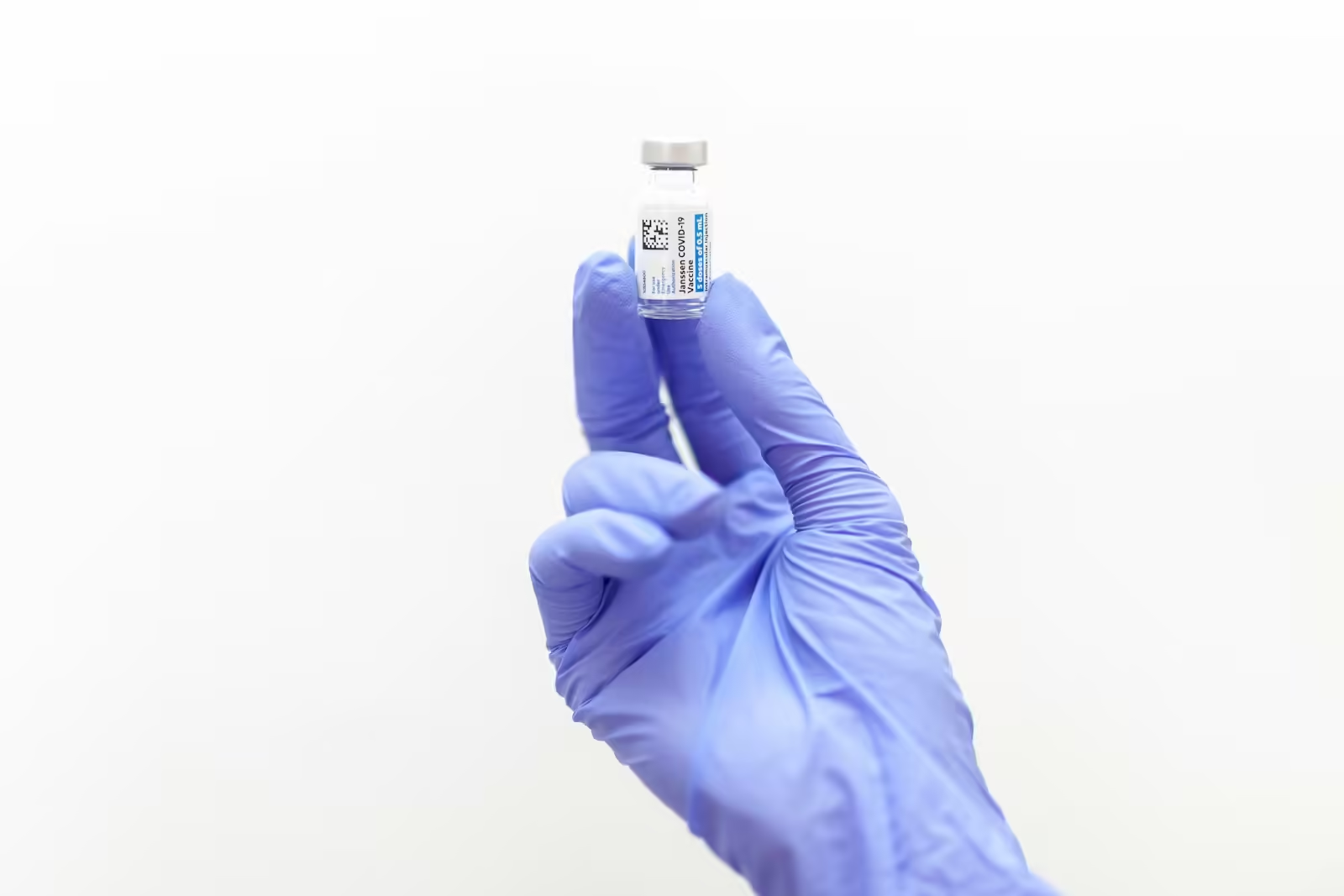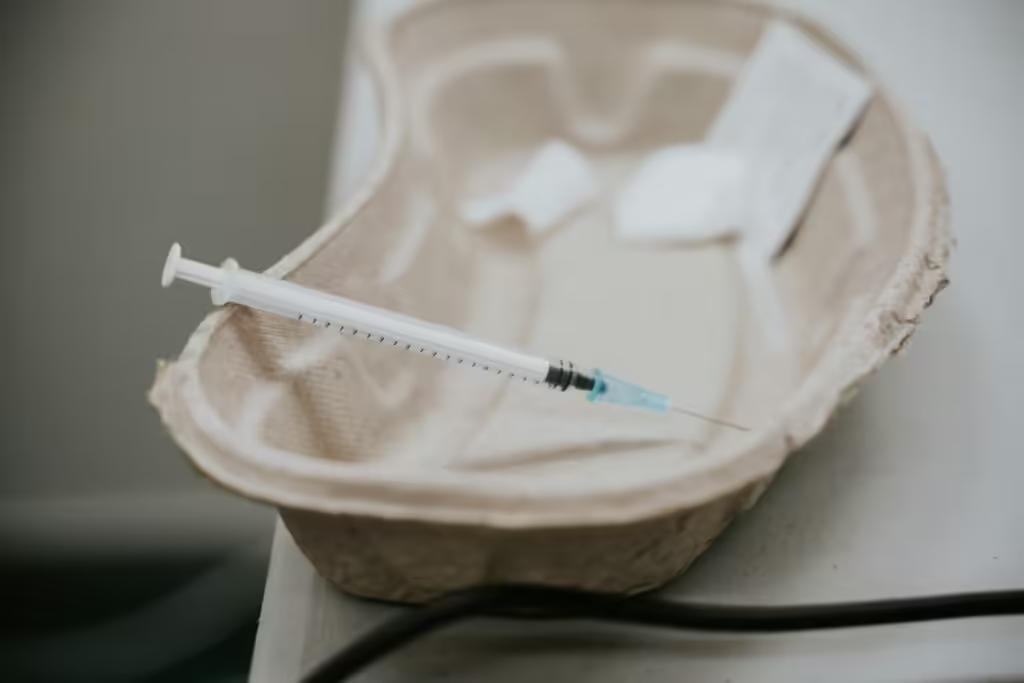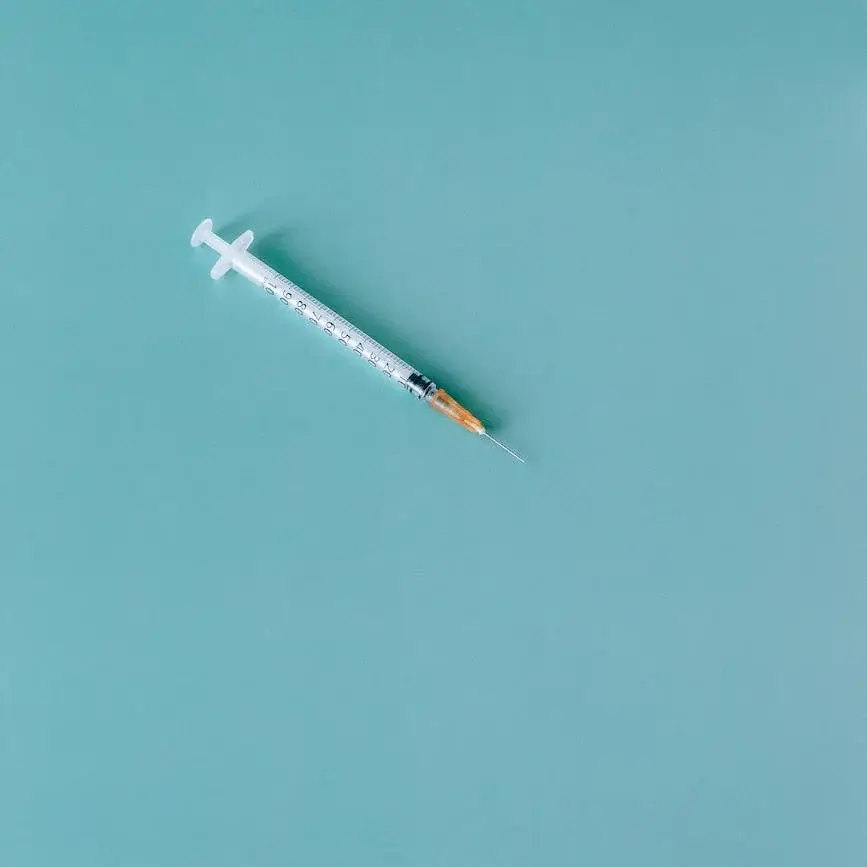Effective administration of poultry vaccines is crucial for maintaining the health and productivity of poultry.
However, the success of vaccination programs depends not only on the vaccines themselves. Importantly too are the conditions under which they are administered.

In this article, we will explore the key conditions required for administering poultry vaccinations. These will ensuring that your flock receives maximum benefit from these preventive measures.
Proper vaccine storage and handling
Temperature Control
You must store poultry vaccines at the prescribed temperature to maintain their efficacy. Most poultry vaccines need to be kept between 2°C and 8°C (35°F and 46°F). Exposure to higher temperatures can reduce their effectiveness.
Avoid Freezing
If you freeze poultry vaccines, this can destroy their viability. Advisedly, ensure that vaccines are not exposed to freezing temperatures during storage or transportation.

Correct Handling
Handle poultry vaccines with care to avoid physical damage. In addition, use clean, sterilized equipment when preparing and administering vaccines.
Adequate preparation of vaccines
Reconstitution
Many poultry vaccines come in a freeze-dried form and require reconstitution with a diluent. Dilligently follow the manufacturer’s instructions precisely to ensure correct mixing and dosage.

Use of Sterile Equipment
Always use sterile syringes, needles, and other equipment to avoid contamination. Ensure that the vaccination site is clean and disinfected before administration.
Vaccination timing
Age of Birds
Administer poultry vaccinations at the appropriate age, as recommended by the vaccine manufacturer. Notably, some vaccines are more effective when given at specific developmental stages.
Timing Relative to Other Treatments
Avoid administering vaccines during periods of stress or immediately after other treatments, such as deworming or antibiotic use, unless specified by a veterinarian. Stress can reduce the immune response and thereby undermine the efficacy of the vaccine.
Vaccination techniques
Injection Sites
Administer vaccines at the recommended site. For example, vaccines given subcutaneously should be injected just under the skin, while intramuscular vaccines are injected into the muscle.
Dosage and Technique
Follow the manufacturer’s guidelines for dosage and administration technique. Administer the full dose to each bird and ensure that vaccines are injected correctly to avoid wastage and ensure effectiveness.

Note that improper administration of poultry vaccines can result to poultry disease outbreaks.
Monitoring and evaluation
Observe Birds
After vaccination, monitor your flock for any adverse reactions or signs of illness. Immediate reactions are rare but can occur, and prompt action may be required.
Record Keeping
Maintain detailed records of vaccination schedules, doses administered, and any observed reactions. This information is valuable for managing flock health and ensuring compliance with vaccination protocols.

Kukufarm can help you manage your flocks vaccination schedule. The app is available on Google Play and App Store.
Biosecurity measures
Clean Environment
Ensure that the vaccination area is clean and free from potential contaminants. A clean environment helps you prevent the introduction of pathogens that could interfere with vaccine efficacy.
Minimize Stress
Reduce stress during the vaccination process by handling birds gently and efficiently. Stress can impact the immune response, making it less effective.
Poultry vaccines key takeaways
Administering poultry vaccinations under the prescribed conditions is vital for maximizing their effectiveness. Furthermore, this ensures the health of your flock.
You can enhance the success of your vaccine application through the following:
- Adhere to proper storage and handling procedures
- Prepare vaccines correctly,
- Timing vaccinations as prescribed
- Use prescribed administration techniques
- Implement strong biosecurity measures
For best practices in poultry health management, consult your flock supplier, certified poultry vet or licensed agrovet dealer.
*
You may also be interested in:
- Poultry vaccination methods
- Poultry vaccination schedule: what, why and how to use one
- Symptoms of poultry diseases: containment is better than outbreak
- Poultry quarantine space: a sure way to biosecurity
- Poultry biosecurity: Fundamentals to building a good coop
- Safeguarding your chicken against bird flu is the best strategy

